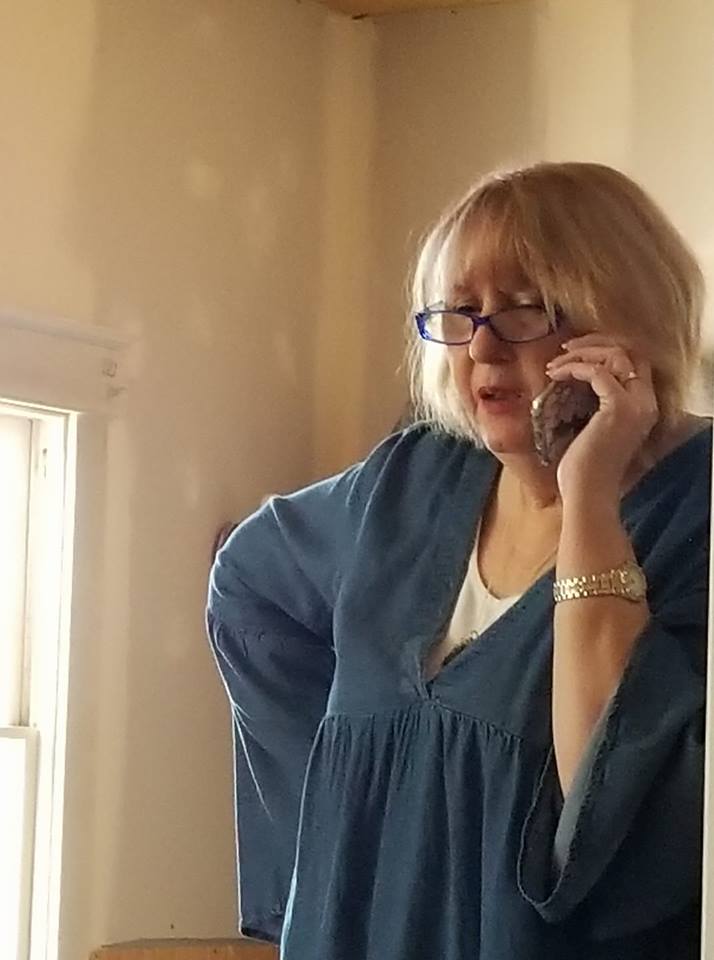How do you know if you are done grieving? Whatever the loss is that you are experiencing; the loss of a loved one, a job, the loss of a pet and even the breakup of a relationship, each of us must complete a grieving process: o Accept the loss o Adjust to living without that person or situation o Work through the physical and emotional pain o Move on with your life It’s a fact that about 40% of bereaved people will suffer from some form of anxiety disorder in the first year after the death of a loved one. There can be a 70% increase of death of a surviving spouse within the first six months after the death. A good support system is necessary to help survivors deal with the stress and in handling grief triggers such as special dates and events like birthdays, holidays etc. It is not uncommon for a person who is dealing with a loss to feel like they are going crazy or they are just having a bad dream. There are common symptoms of grief and often just being able to recognize them as part of the process can be helpful: Fear – You can suddenly be feeling insecure, helpless and anxious due to the new responsibilities you’re facing or the sudden fear of your own mortality. Shock and disbelief – A numb feeling as you try to comprehend the loss. Sadness – Deep loneliness, despair and emptiness. Anger – This emotion can be directed at yourself, God, or the deceased person or anyone. Guilt – Perhaps you didn’t get to do or say things that you wanted to or you feel you could have prevented the death. Physical – Fatigues, insomnia, loss of appetite, nausea, headaches and emotional outbursts. It’s difficult to put a timeline on what is an appropriate time to move on. This is a good time to turn to your faith, embrace meditation, try a holistic approach like Reiki, surround yourself with friends and family for support or volunteer to help others. When a person is still having difficulty moving on with their life after a year it is a good idea to seek counseling to help with the process of closure.]]>
You also might be interested in
About Bellesprit

Bellésprit (pronounced bell-e-spree) was born out of a desire to educate those who seek to expand their knowledge along their spiritual path. Featuring many contributors who are experts in their field, Bellésprit has a little bit of something for everyone who desires to learn more about spirituality, metaphysics, and the paranormal world.

